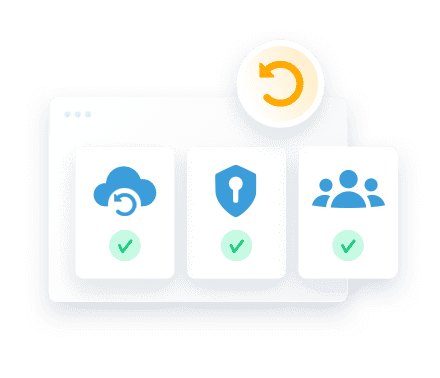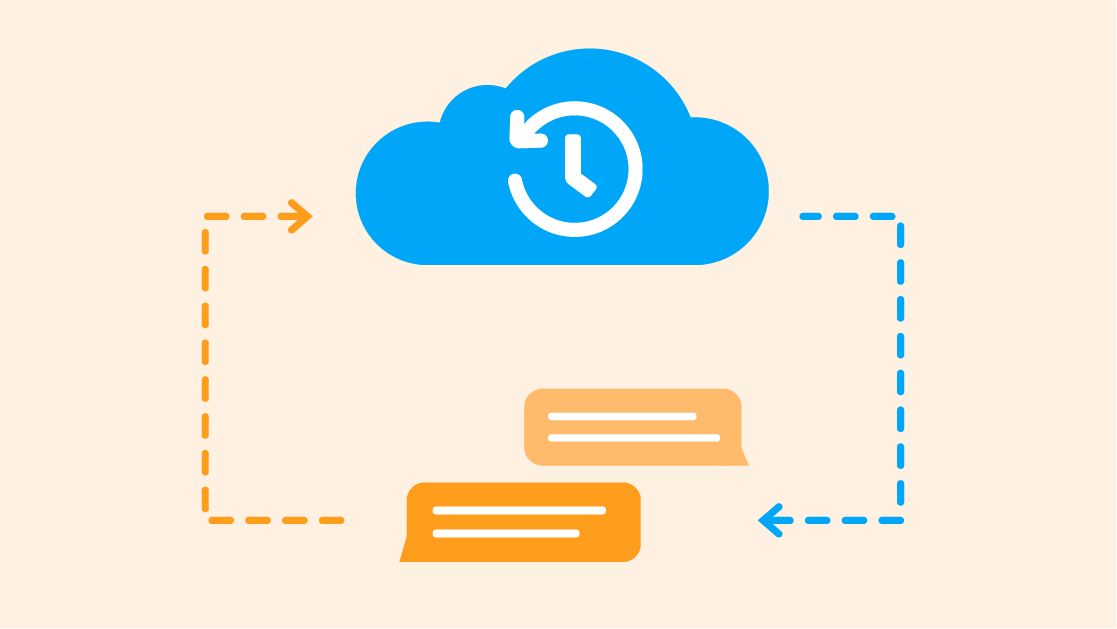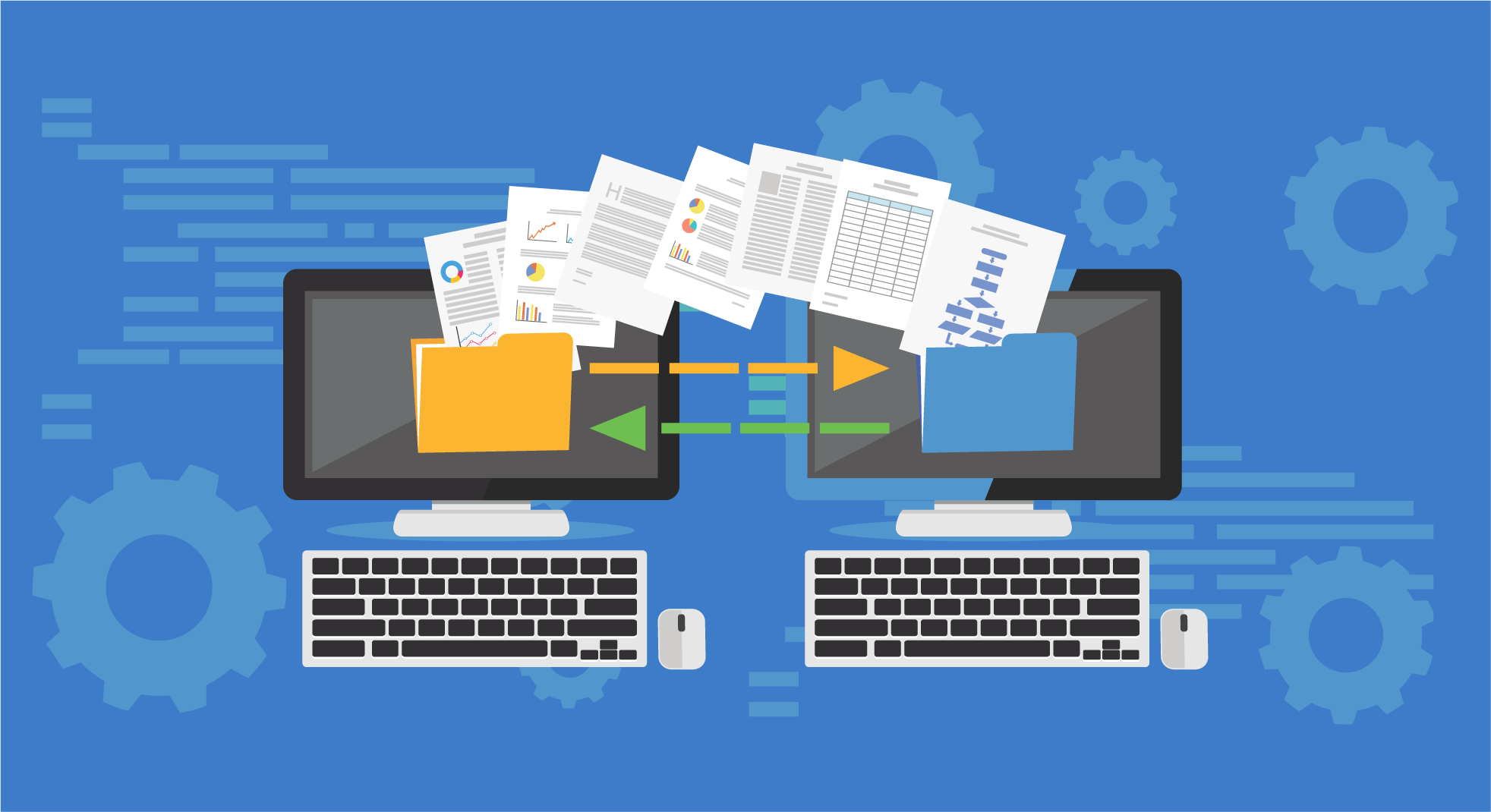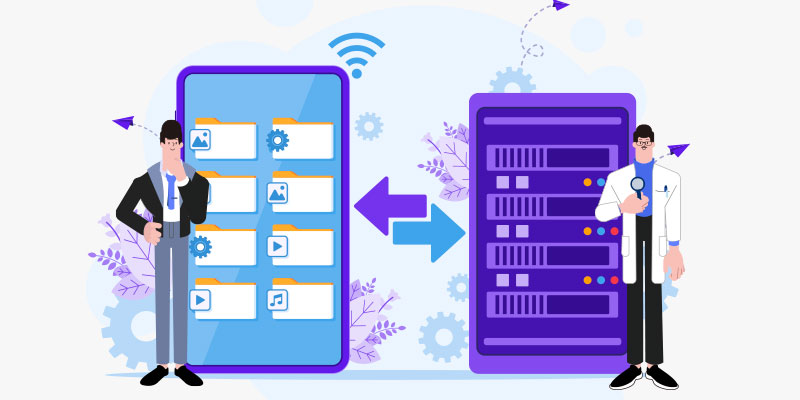Tailored Backup External Hard Drive To Cloud For Startups
Businesses today rely heavily on applications to keep their operations running smoothly. Critical data in these applications must be safeguarded against unforeseen circumstances like system failures, natural disastersselves, or cyberattacks. Application backup is necessary in this situation. The significance of application backup and its function in ensuring data protection will be discussed in this article.
- Introduction to Backup Applications
- Describe application backup and what it serves.
- Draw attention to the importance of application data backup.
Several pertinent entities, such as: come into play when it comes to application backup:
- preventing data loss
Recovery from a disaster
- Continued business
- Storage in the cloud
- Encryption of data
Data redundancy
- Restoring data
- Backup inconsequential
- A complete backup
Differential backup (Online Backup Windows 11)
Innovative Internet Backup Server Comprehensive Review
- Causes of application data loss
Discuss typical reasons for application data loss, such as malware attacks, human error, and hardware/software failures.
To mitigate these risks, emphasize the need for a dependable backup solution.
- Application Backup Advantages
- List the benefits of using a reliable backup plan for applications.
Among the main advantages, Mention increased data security, decreased downtime, and sped up recovery.
- Applications BackupTypes
- Investigate various backup types, including differential, incremental, and full backups.
- Describe how each type contributes to effective data protection and when it is most appropriate.
- Selecting the best backup option
- Give information on the things to think about when choosing an application backup service.
Discuss compatibility, cost-effectiveness, ease of use, and scalability as key factors.
Accessible Backup System For Data Center Must-Haves
- Putting a strategy for application backup into place
Give step-by-step instructions on creating a thorough backup plan.
- Talk about how crucial regular backups, testing procedures, and monitoring tools are.

- Application Backup in the Cloud
- Outline the advantages of using cloud storage for backup applications.
Discuss the benefits of this strategy, such as scalability, remote accessibility, and cost savings.
- Ensure Data Security While Backuping an Application
- Draw attention to the importance of data encryption when backing up.
- Talk about the best procedures for protecting application backup files from unauthorized access.
- Application backup monitoring and management
- Make sure backup processes are actively monitored.
- Talk about efficient management strategies to guarantee quick recoveries and successful backups.
Simplified Backup Solution For Macbook Air Customer Reviews
:max_bytes(150000):strip_icc()/how-to-backup-a-computer-to-an-external-hard-drive-5184117-11-73338a1b93454808a3feb155858e8a81.jpg)
- Application backup testing
Stress the importance of testing application backups on a regular basis.
- Describe the procedures for checking and confirming backup integrity.
- Applications Recovery from Backups
- Offer advice on how to recover from a data loss incident.
- Talk about the value of prioritizing crucial applications and having a thorough recovery plan.
- Application Backup Trends for the future
Investigate new application backup technologies and trends.
- Talk about developments in machine learning, artificial intelligence, and automation.
- Bullet Points or Related Other Words ( Key Takeaways ):
Essential Enterprise Cloud Based Backup Solutions Essentials
- Application backup is essential for maintaining business my review here continuity and protecting sensitive data.
Application data loss is frequently brought on by hardware and software malfunctions, human error, and cyber threats.
Improved data security, fewer downtimes, and quicker recovery times are some advantages of application backup.
Depending on your needs, various backup types, including full, incremental, and differential, offer a variety of benefits.
Consider factors like scalability, ease of use, compatibility, and cost-effectiveness when selecting a backup solution.
Regular backups, testing procedures, and monitoring tools are all essential components of a comprehensive backup strategy.
- Cost savings, scalability, and remote accessibility are all features of cloud-based backup solutions.
- Encryption methods can be used to improve data security during application backup.
Successful backups and more quick recoveries depend on effective management and active monitoring.
- Data integrity is guaranteed by routine backup testing and verification.
In the event of data loss, it is essential to have a thorough recovery plan and to prioritize important applications.
Automation, artificial intelligence, and machine learning are the technologies that will replace application backup.
Application backup is a crucial component of data protection for businesses, to sum up. Organizations can protect their valuable data and guarantee uninterrupted operations by putting in place a solid backup plan and staying current with emerging trends. Invest in dependable backup solutions right away to protect your programs from potential disasters.






